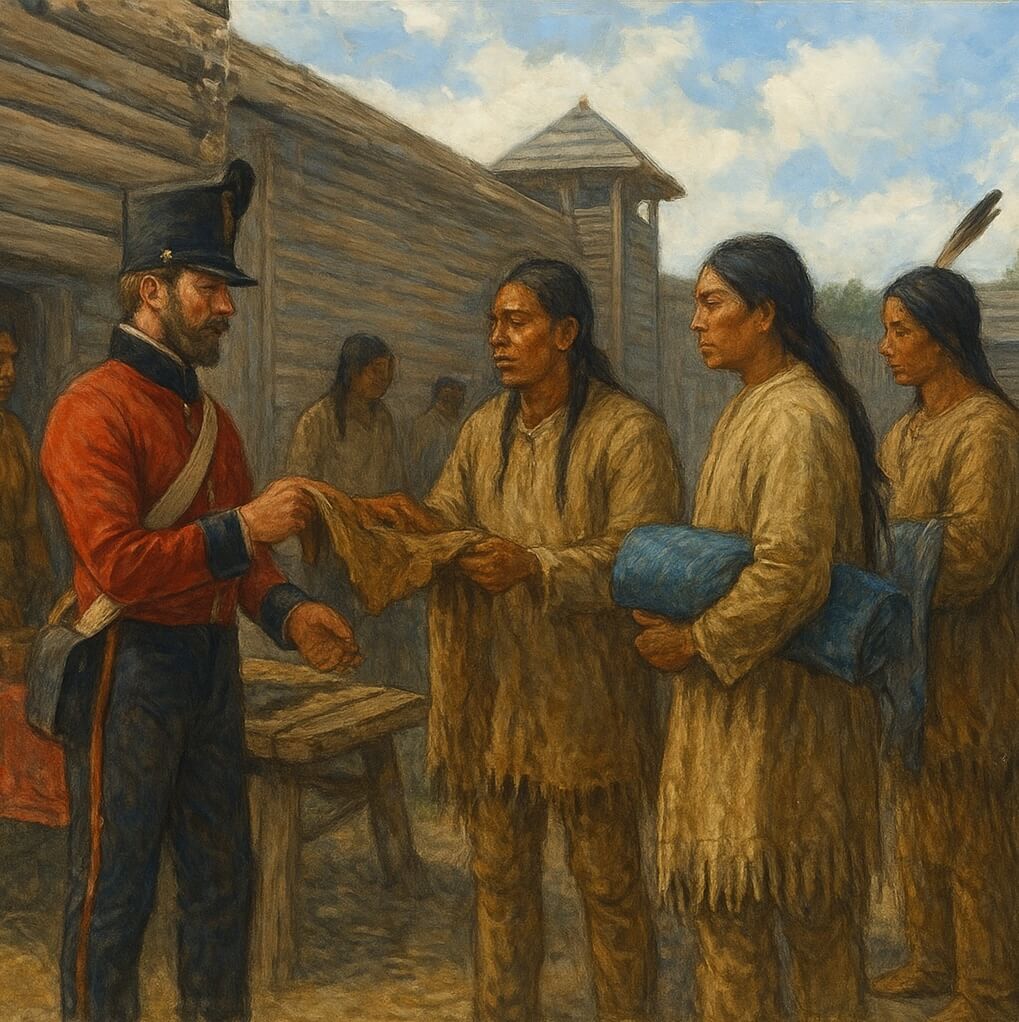Introduction
In the modern age, where environmental concerns are at the forefront of consumer consciousness, the demand for sustainable clothing options has never been higher. Among the myriad of brands vying for eco-conscious consumers, Icebreaker stands out as a trailblazer in sustainable merino wool thermals.
With a steadfast commitment to environmental stewardship, social responsibility, and innovation, Icebreaker has earned its reputation as a frontrunner in the realm of sustainable fashion. This article delves into why Icebreaker is hailed as the most sustainable merino wool brand available, drawing insights from their sustainability report and highlighting their ambitious drive to eliminate plastic from their clothing lineup.
The Merino Wool Advantage
Merino wool is renowned for its exceptional properties, making it an ideal choice for a wide range of apparel, including thermals. Merino wool thermals offer superior warmth, breathability, and moisture-wicking capabilities, making them a staple for outdoor enthusiasts and urban dwellers alike. Unlike synthetic materials, merino wool is biodegradable, renewable, and sourced from ethically treated sheep, aligning perfectly with the principles of sustainability. You can see the collection we have curated for outdoor enthusiasts here.
Icebreaker's Commitment to Sustainability
At the core of Icebreaker's philosophy lies a deep-seated commitment to sustainability. This commitment permeates every aspect of their operations, from sourcing raw materials to manufacturing processes and beyond. Icebreaker's sustainability report serves as a testament to their unwavering dedication to environmental and social responsibility.
Sustainable Sourcing Practices
Icebreaker places great emphasis on responsible sourcing practices, ensuring that their merino wool is ethically sourced from farms that prioritise animal welfare and sustainable land management. By partnering with farmers who adhere to strict environmental and animal welfare standards, Icebreaker ensures that their merino wool is not only of the highest quality but also produced in an environmentally and socially responsible manner.
Furthermore, Icebreaker's commitment to transparency is evident in their traceability efforts, allowing consumers to trace the journey of their garments from farm to finished product. This level of transparency not only instills trust but also empowers consumers to make informed purchasing decisions.
Reducing Environmental Footprint
Icebreaker recognises the urgent need to mitigate the environmental impact of the fashion industry. To this end, they have implemented various initiatives aimed at reducing their environmental footprint. One such initiative is their commitment to using natural, biodegradable materials wherever possible. Unlike synthetic materials that contribute to pollution and resource depletion, merino wool is a renewable resource that biodegrades naturally, minimising its impact on the environment.
Additionally, Icebreaker has implemented energy-efficient manufacturing processes and adopted eco-friendly packaging solutions to further reduce their environmental footprint. By prioritising sustainability at every stage of the production process, Icebreaker sets a precedent for environmentally responsible manufacturing within the fashion industry.
Plastic-Free Innovation
One of Icebreaker's most ambitious sustainability initiatives is their drive to eliminate plastic from their clothing lineup entirely. Recognising the detrimental impact of plastic pollution on the environment, Icebreaker has made it their mission to pioneer plastic-free alternatives in the apparel industry. You can read more about Icebreaker's journey towards plastic free here.
In line with this commitment, Icebreaker has developed innovative solutions to replace synthetic materials with natural alternatives. For instance, they have introduced plastic-free packaging made from recyclable or biodegradable materials, reducing the reliance on conventional plastic packaging. Furthermore, Icebreaker has explored alternative materials for garment trims and embellishments, opting for sustainable alternatives that minimise plastic usage without compromising on quality or performance.
By spearheading the transition to plastic-free apparel, Icebreaker sets a precedent for sustainability within the clothing industry, inspiring other brands to follow suit.
Consumer Education and Engagement
Icebreaker recognises that sustainability is not just about manufacturing processes but also about consumer behaviour. To this end, they actively engage with consumers to raise awareness about the environmental impact of their purchasing decisions and empower them to make more sustainable choices.
Through educational initiatives, such as workshops, blog posts, and social media campaigns, Icebreaker educates consumers about the benefits of merino wool thermals and the importance of choosing sustainable apparel options. By fostering a community of environmentally conscious consumers, Icebreaker amplifies the impact of their sustainability efforts and catalyses positive change on a broader scale.
Conclusion
In conclusion, Icebreaker stands out as a beacon of sustainability in the clothing industry, particularly in the realm of merino wool apparel. Through their unwavering commitment to environmental stewardship, social responsibility, and innovation, Icebreaker has earned its reputation as the most sustainable merino wool brand available.
From responsible sourcing practices to plastic-free innovation, Icebreaker's sustainability initiatives set a precedent for environmentally responsible manufacturing within the fashion industry. By prioritising transparency, consumer education, and engagement, Icebreaker not only leads by example but also inspires positive change on a global scale.
In a world where sustainability is paramount, Icebreaker continues to push the boundaries of what is possible, proving that style and sustainability can coexist harmoniously. As we navigate the challenges of a rapidly changing world, Icebreaker serves as a reminder that every purchasing decision has the power to shape the future of our planet.






